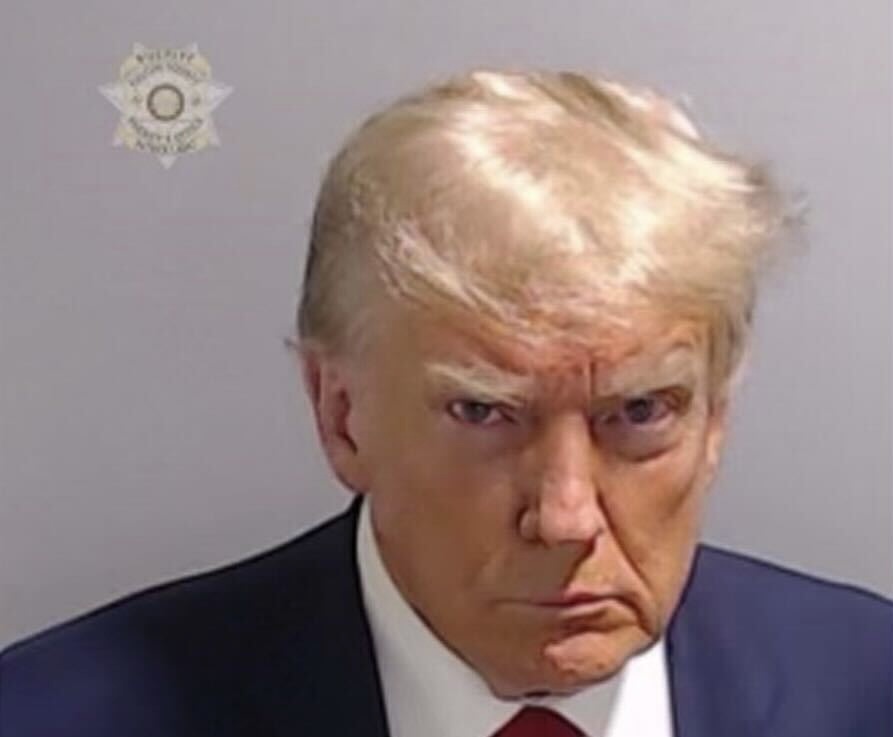Here’s why you fail to recuse

US district judge Tanya Chutkan, who, like US district judge Aileen Canon, was randomly assigned to one of two of Donald Trump’s federal criminal cases, rejected Trump’s request that she recuse herself from the case on Wednesday. Unlike judge Canon, however, judge Chutkan has done absolutely nothing to suggest that she needs to recuse herself.
Trump has long complained that Chutkan was biassed against him based on remarks she made about him during sentencing in one of the January 6 riot cases. But Trump faced an uphill struggle in trying to get Chutkan to recuse herself because, in order to succeed, he needed to satisfy a particularly high evidentiary threshold.
There is also plenty of case law supporting Chutkan’s contention about judges who have commented on defendants in other related cases. That case law overwhelmingly confirms that judges can retain their impartiality when deciding cases directly concerning the same such defendant.
Judge Aileen Canon, on the other hand, has a history with Trump suggesting she’s highly prejudiced in his favour. This was established when she took the deeply unprecedented (and unpopular) step of appointing a special master to Trump’s top secret document theft case.
Canon was sharply rebuked by an appellate court for doing so, and ordered to quash her ruling. Meanwhile, Canon is slow-walking Trump’s documents case and delaying judgments, either through incompetence, a willingness to deliberately delay the case beyond the 2024 election, or both.
No such bias has been displayed by Chutkan, a distinctly more mature and competent judge than Canon. “Justice … demands that judges not recuse without cause,” Chutkan noted. She then went on to put her finger on what Trump is really up to. “In the wrong hands, a disqualification motion is a procedural weapon to harass opponents and delay proceedings.”
All is not bad news for Trump, unfortunately. He now has a new weapon, and you can expect him to use it again faster than you can say “Benghazi.” Expect him to continue to complain bitterly on “Truth” Social that he’s being railroaded by a prejudiced judge overseeing a “witch hunt.” Expect him further to use it as one of the principal elements of an appeal should he lose his case.
Meanwhile, in all the criminal cases Trump is facing, he is legally considered “innocent until proven guilty.” This does not mean what most people think it means. It does not mean that Trump is somehow magically covered in a blinding cloak of innocence, and we are to consider him such and speak of him as such unless and until a jury of his peers says otherwise.
What it actually means is that the burden of proof to establish Trump’s guilt rests with the prosecution alone. Should they fail to meet that burden, Trump could be found “not guilty” by a jury of his peers. In the meantime, we are free (thanks to the first amendment to the Constitution) to opine that Trump is as guilty as sin. We can do so loudly, openly, repeatedly, and without fear of reprisal. I, for one, intend to do just that. And, as ever, ladies and gentlemen, brothers and sisters, comrades and friends, stay safe.

Robert Harrington is an American expat living in Britain. He is a portrait painter.
